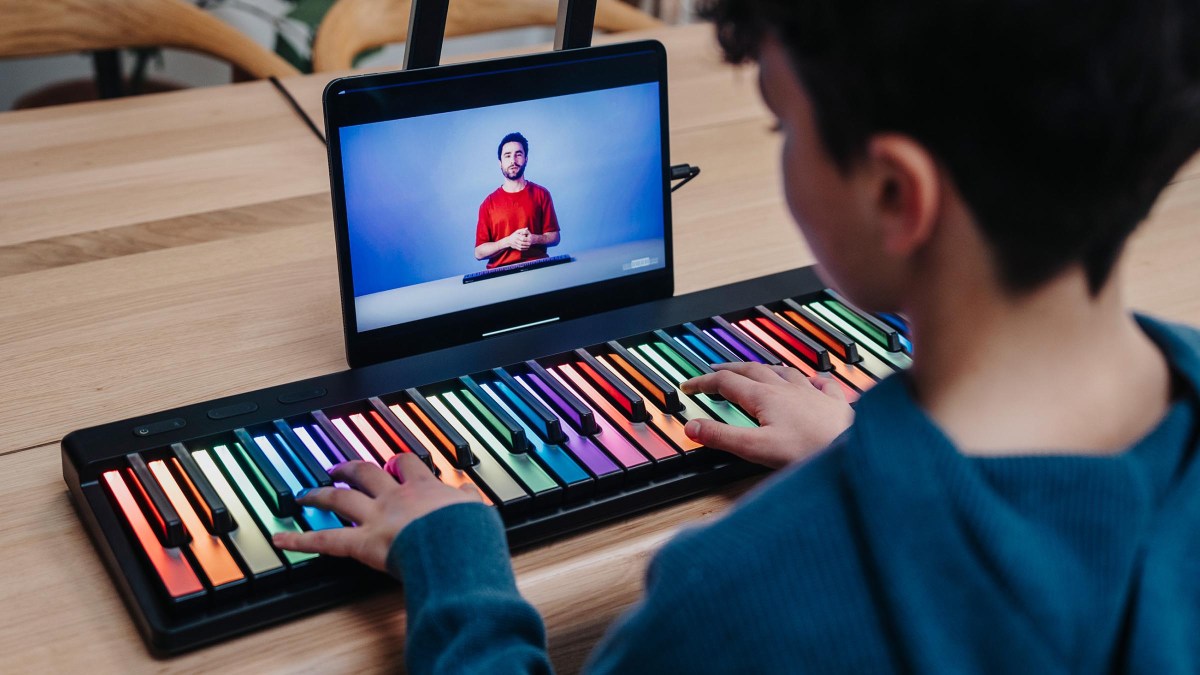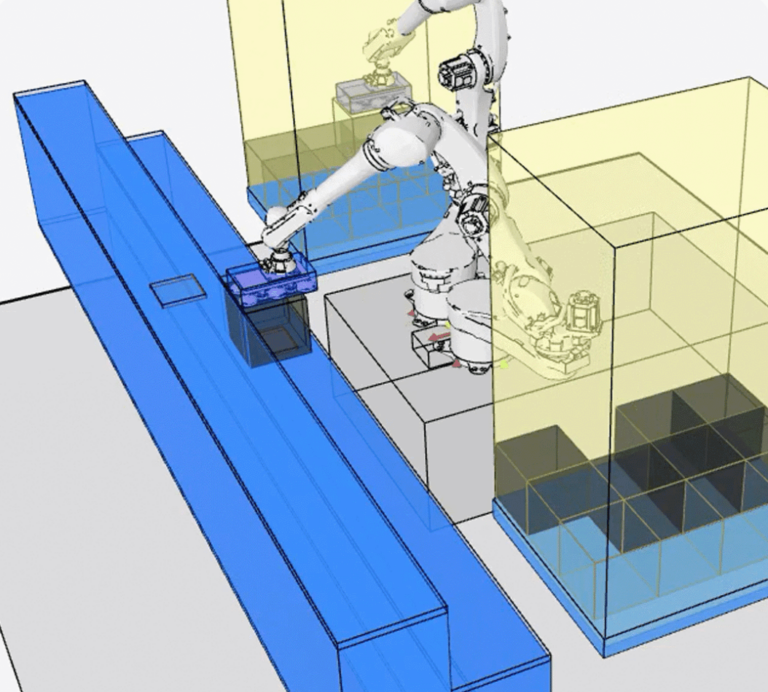Unlock Creativity: Roli Launches 49-Key Educational Keyboard with Generative AI Features!
On Thursday, Roli unveiled its latest innovation in the realm of music education at the NAAM audio show in Anaheim. The all-new Roli Piano is designed to enhance the learning experience for aspiring musicians, building on the success of previous products like the Roli Airwave and Piano M by expanding the key count to an impressive 49.
Features of the Roli Piano
The Roli Piano retains many features from its predecessors, providing an engaging experience for users:
- MIDI Keys: The keys light up and sync seamlessly with an instructional app accessible on smartphones and tablets.
- Gesture-Based Sounds: The Airwave model incorporates hand tracking, allowing for a unique audio experience through gesture control.
Pricing and Promotions
While the Roli Piano is priced at $599, it is currently available for a limited-time promotional price of $399 as part of a “super early bird special.” This promotional pricing is significantly higher than the existing Piano M, which retails for $249.
Introducing the Piano AI Assistant
In a nod to contemporary technology trends, Roli has integrated generative AI into the Roli Piano launch. The newly announced Piano AI Assistant is designed to revolutionize music education:
- Interactive Learning: The AI Assistant aims to make learning more intuitive and enjoyable.
- Enhanced Music Theory: It integrates music theory concepts into the learning experience.
Roli’s Shift Toward Educational Products
Over the past year, Roli has strategically shifted its focus towards educational tools, especially following its bankruptcy filing in 2021. While products like the Seaboard and Blocks were innovative, they catered to a niche market. In contrast, music education presents a vast opportunity for growth, especially for a smaller hardware manufacturer.
For more information on Roli’s products and updates, visit their official website: Roli. To learn more about the benefits of generative AI in music education, check out this insightful article from MusicTech.







